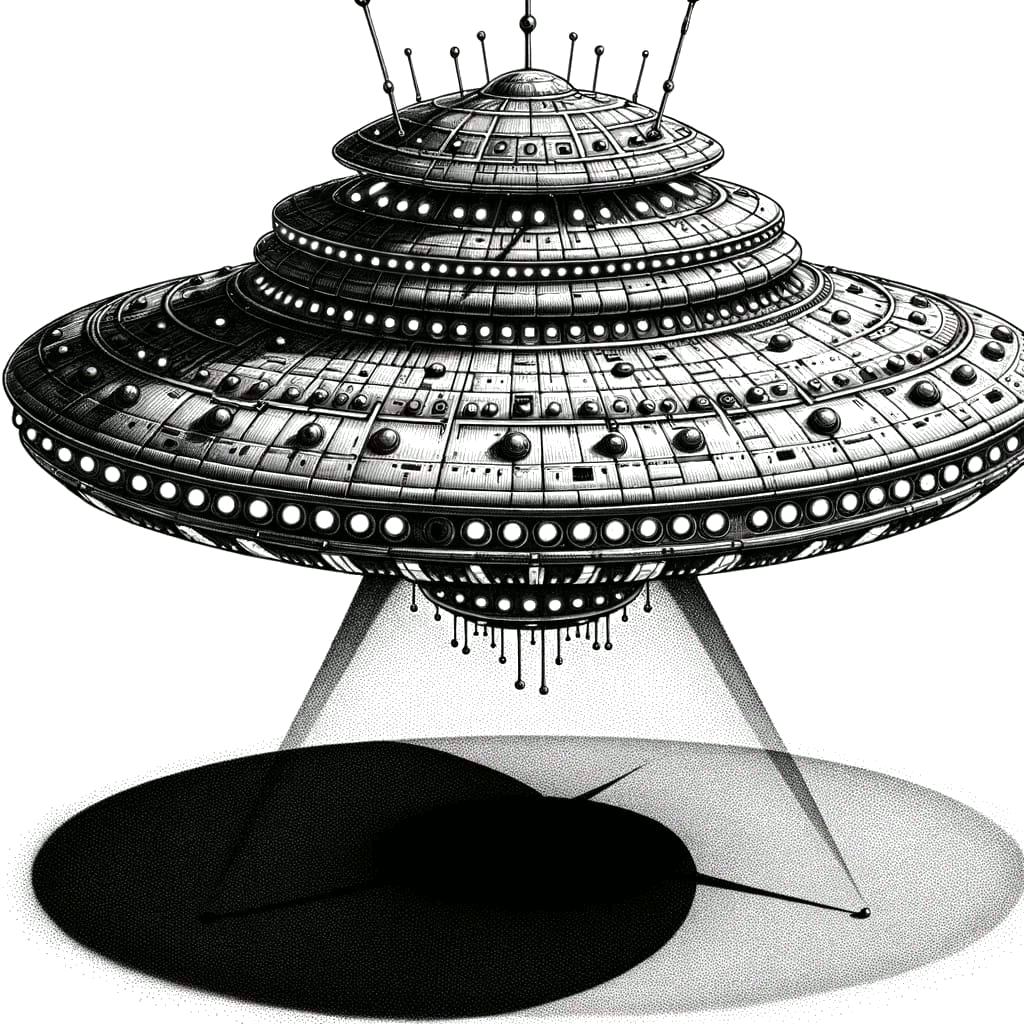
In a distant galaxy, an alien council devised a masterful plan to conquer Earth peacefully. Using their most advanced technology, they created irresistibly attractive humanoids, each tailored to Earth’s diverse cultural and emotional ideals. They were discreetly sent to Earth’s major cities, blending in seamlessly at bars, gyms, cafes, and social events.
In no time, humanity was thoroughly enamored. These beings were not just physically stunning but also emotionally and intellectually captivating. From baristas to heads of state, people from all walks of life found themselves entranced, often neglecting their daily responsibilities and duties in favor of this overwhelming attraction.
As weeks turned into months, these humanoids began asking for small favors—innocuous requests at first, like borrowing a pen or asking for directions. But the favors gradually became more significant, requiring considerable effort or access. These tasks started affecting important business deals, governmental decisions, and even the dynamics of international relations. The beings had made themselves indispensable in human lives and had infiltrated societal structures.
When the aliens finally revealed their true identities, the reaction was nothing short of astonishing. Rather than responding with fear, skepticism, or anger, people felt chosen, even privileged, elated to serve such magnificent entities from beyond the stars. Earth was declared a colony of this advanced civilization, and surprisingly, celebrations vastly outnumbered protests.
The media, now led by smitten figures entirely under the aliens’ spell, celebrated the new Earth order with boundless enthusiasm. News outlets ran stories on the benefits of this cosmic alliance, subtly encouraging the public to embrace their new celestial companions. The economy adapted swiftly, with people buying gifts for their otherworldly friends—flowers, chocolates, fishing rods, gadgets, and more. Industries and governments refocused on objectives that mysteriously aligned perfectly with the aliens’ undisclosed long-term plans.
Schools began teaching about the advanced alien culture, and religious institutions even incorporated beliefs that honored these extraterrestrial beings. It wasn’t long before art, music, and literature started reflecting the aliens’ influence, celebrating this new epoch in human history.
The aliens had achieved their goal: a peaceful, bloodless victory over Earth. Humans weren’t conquered by brute force or intimidation; they willingly, even eagerly, submitted to their new radiant overseers. Workplaces, educational institutions, and governments transformed, aligning with extraterrestrial objectives and agendas.
In the end, Valentine’s Day acquired a new, profound layer of meaning. It now celebrated not just earthly love, but the day humanity fell head over heels for its celestial rulers. The chains that bound humanity were forged not from iron but from love, a bondage so sweet, so intoxicating, that no one wanted to, or could, break free.
